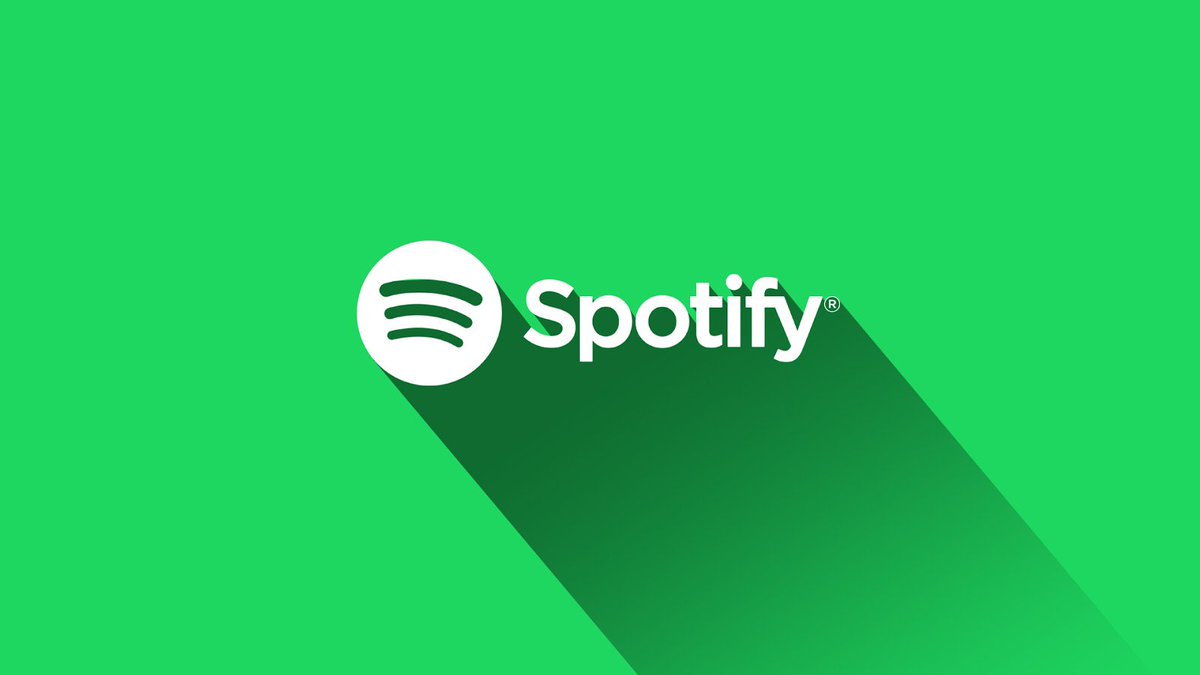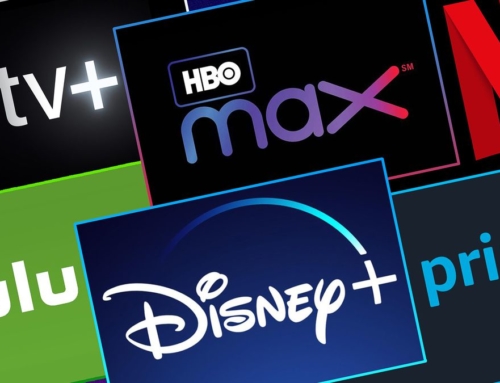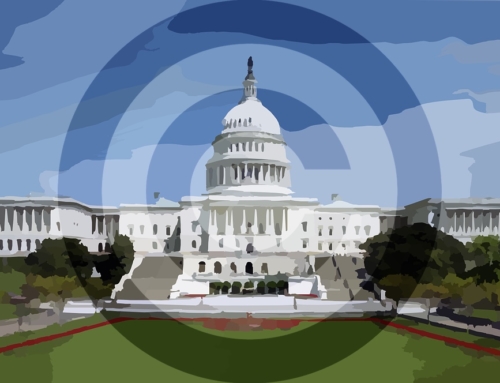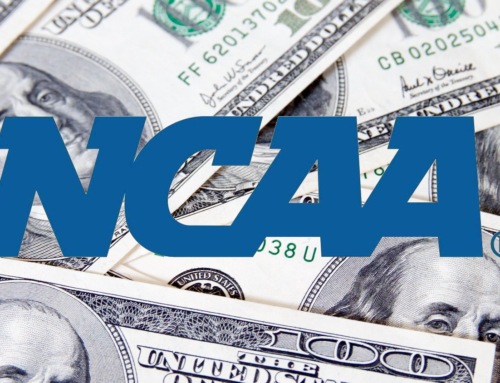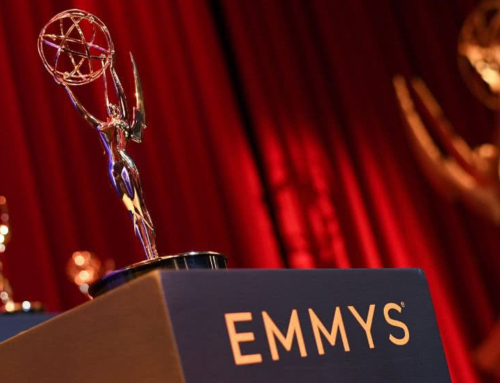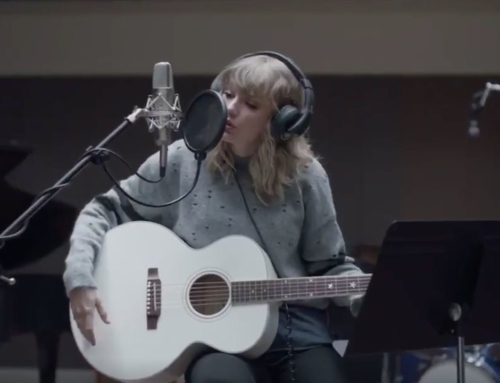
Ten years ago, the music industry looked completely different than it does today: Profits were at an all time low and illegal piracy was at an all time high. Record labels refused to embrace the burgeoning digital era and continued to push CDs even as more consumers sought out their music through digital downloads and the Apple iTunes store. With access to the internet improving, consumers found themselves with access to all kinds of digital information. Information and media become so readily available that consumers were no longer interested in waiting to hear an entire album from an artist. Instead, as patience dwindled, consumers found themselves with access to what they wanted when they wanted it. At the same time, artists began to grow tired of the stale approach record labels were using to grow the careers of their artists. Ten years ago was a time of transition and it was a small startup in Sweden that capitalized on that time.
Spotify was founded in 2006 and initially existed as a peer-to-peer file sharing service. It was this method that would eventually morph into Spotify’s current state as a streaming platform as CEO Daniel Elk sought to create a service that was “better than piracy and at the same time compensates the music industry.”
In 2008, Spotify was launched publicly and allowed listeners a new experience towards music consumption. Spotify was one of the first platforms to resist the model of paying for individual downloads and instead offered users unlimited access to a vast library of recordings for a flat monthly fee. Executives in the music industry initially rejected this model. Following the rise of music piracy through the early 2000s, the industry was surviving through digital downloads and the Apple iTunes model of business. Still, upon their launch, Spotify took the music industry by storm and there was no denying they were about to become a force to be reckoned with.
In 2009, rumors began circulating that the three major labels (Sony, Warner, and Universal) had been granted equity stakes in the streaming platform. Reports indicated that Sony had received a 5.8% share; Universal had received a 4.8% share and Warner had received a 3.8% share. This amounted to a total of 352,176 shares for a sum of €8,804.40 ($10,029.97 USD).
Spotify’s relationships with major labels continued to warm as they signed their first U.S. licensing deals with all three major labels and ASCAP in 2011. This was a big step forward for the company as it allowed the platform to expand into the U.S.
By 2014, the company had gained 10 million paying subscribers and 40 million active users. It was at this point that the company’s relationship with the music industry and artists themselves began to strain. As more consumers began streaming their music instead of paying for it, more money began to roll into Spotify’s pockets. In the same year, Taylor Swift famously pulled all of her music from Spotify and, in an open letter, blamed Spotify (and the subsequent rise in streaming services) for the rapid decline in sales of physical music formats. It is perhaps no coincidence that also in 2014, music industry revenues were at an all time low amounting to a total of 14.3 billion compared to 23.8 billion in 1998.
Still, amidst the turmoil, Spotify has continued to grow at a rapid pace. Subscriber counts have increased year after year. In conjunction with their personal growth, Spotify has also reportedly been a main factor in the reason why music industry revenue began grew by 3% 2015 and then 6% in 2016.
As of 2018, Spotify has a reported 70 million paid subscribers and has paid out approximately $10 billion in royalties to musicians, publishers and labels. Taylor Swift’s music has returned to the platform after Spotify agreed to strike new licensing agreements with record labels. Spotify took this one step further in 2018 and began offering direct licensing deals with independent artists as a means to supposedly support the growth of independent music. While the relationship between the streaming platform and musicians and labels remains tumultuous at times, there is no denying that streaming services, spearheaded by the likes of Spotify have brought massive growth and revenue to the industry as a whole.
10 years ago, Warner, Sony, and Universal purchased an 18% stake in the company for just over €8,000 – that stake is now worth $2.6 billion. Recently, all of the aforementioned labels have sold off at least part of their stake in the company and have reaped the massive financial reward for themselves. While artists are still being left out of the massive revenue stream, there is room for optimism for the future given Spotify’s massive valuation and the subsequent growth this has brought to the industry overall.
Before streaming services existed, the music industry was in a tailspin. Consumers overwhelmingly stopped buying CDs and instead turned to illegal downloads to get their music fix. Still, record labels refused to change their ways and clung to their outdated means of operation. Spotify capitalized on this and created a marketplace that has allowed consumers to access the songs they want to hear when they want to hear them. In doing so, Spotify has aggressively redefined the music industry and has done so by promising a utopic vision of the digital era. With streaming music, Spotify promised an unprecedented ease of access for consumers as well as reasonable royalties for artists and labels. Ultimately though, Spotify has taken their meteoric rise and redefined the digital era for themselves. Countless competitors have taken on the streaming giant; namely Apple and Apple Music who are set to close their iTunes store in the coming year to focus on growing their streaming platform. Still, Spotify remains at the top. In the last decade, Spotify has gone from an interesting startup to a mammoth corporation that has solidified streaming as the dominant form of music consumption for the foreseeable future. Although the major labels are looking to put up another fight, Spotify is moving at lightning speed while the rest of us try to catch up.


